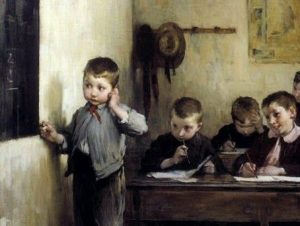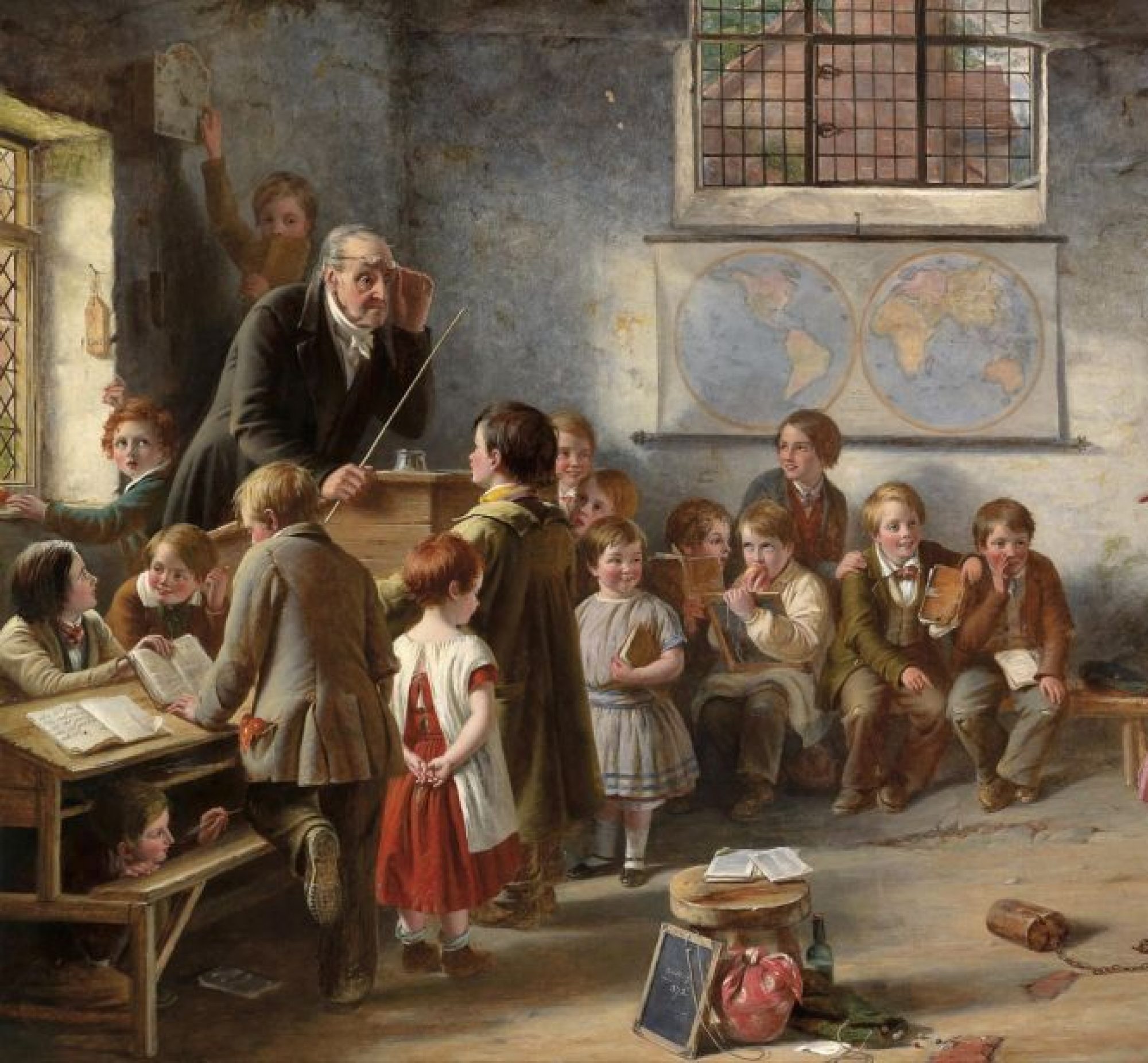Children’s first language words – This International Mother Language Day (Feb. 21), Canadians celebrated their multilingual heritage by recognizing flexible uses of languages.

According to UNESCO, “Mother tongue or mother language refers to a child’s first language, the language learned in the home from older family members.” As a linguistic anthropologist who studies language use in diverse communities, I know that multilingualism is part of our general human capacity for language.
In a globalized world, many associate multilingualism with mobility and migration. Increasingly, multilingualism appears to be the new norm.
But more than that, linguistic anthropology shows that multilingualism is an essential aspect of how we form belonging and difference. Research on language learning, especially heritage language learning and language revitalization, shows the universality of our capacity for multilingualism.
Multilingualism, globalization and colonialism
Many Indigenous communities in the Americas practiced multilingualism in economic, political and familial activities before European contact. As one of the most densely multilingual regions of the world, the northwest Amazon region is notable in this regard.
Learn more about this topic by reading this article on The Conversation.
After reading “Children’s first language words”, you can check important issues for ESL teachers on the section PDFs. And visit my channel by YouTube.
